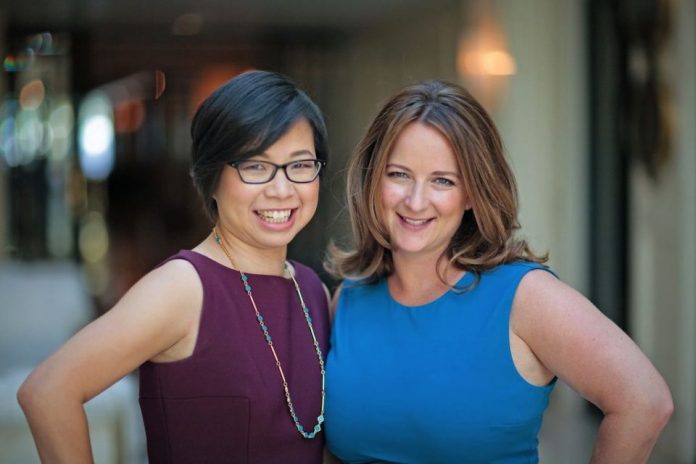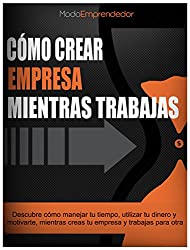
In February 2009 at an investor conference in Cambria, California, Amy Norman and Stella Ma gave their speech in front of 75 potential founders, mostly men. Little Passports would mail out, on a subscription basis, geographic-themed activity kits for children ages 6 to 10. They were looking for venture capital to invest in marketing, product development, and inventory. The feedback was harsh. “One of the founders is pregnant and with 1 child, the other also has a child,” said one of the investors. “It’s impossible for these two to make it.” It was one of more than 50 failed attempts.
Approximately 8 years later, Norman and Ma have made Little Passports a business loved by their fans, with 4 product lines they expect to receive 30 million in profit this year, double what they received in 2015. Although they have received $5 million in investment, failing to raise venture capital has had benefits. They have grown carefully and sustainably, without wasting money on marketing experiments that have not worked, or offices, or employees that do not represent added value.
“At first we had to stay in our little space,” says Norman. “We had to be very financially disciplined.”
Norman, 42, and Ma, 44, became best friends while working at eBay in San Jose, where the idea for an educational toy that would teach children about geography was born.
Initially, they were seduced by the Silicon Valley notion for successful startups: you have to get venture capital. “There’s a lot of cache in venture capital,” says Norman. Instead, after all the rejections, they “scratched” between the two of them $25,000 of their own money. Although neither Norman nor Ma had any experience developing educational materials, they brainstormed topics they thought were fun for children; like music, sports, games and food. They created kits that include mini cardboard briefcases, stickers, souvenirs such as paper made from South African elephant dung and letters from “Sam and Sofia,” the traveler imaginary friends, and tested them with 50 families they found through Craigslist.
They learned that the children were still excited to receive the packages even after the testing time was over. Just before its launch in April 2009, Norman and Ma received $175,000 from angel investors, including Jeff Weiner, who would soon become CEO of LinkedIn. “I thought Little Passport would help kids understand people who are different from themselves,” Weiner said.
Shortly after the release, Norman’s world fell apart. He was already 8 months pregnant, with his second child, when their marriage ended unexpectedly. After giving birth, he suffered from Bell’s palsy and two months later his father was diagnosed with cancer and had a 4-month life expectancy. “It was an absolutely horrible time in my life,” she says. Her friends encouraged her to look for a job with a stable salary. In her place, she kept her business. “I needed something to get me out of that place,” says Norman. “Little Passport was that for me.”
Ma enlisted her mother and sister to pack and ship kits from Ma’s home. She and Norman agreed not to receive their wages and worked from home for nearly a year before they rented a cramped space in San Francisco. Since they received most of their merchandise from China, at one time they had to wait 6 months to start making deliveries and that made it difficult to have cash flow. “There were nights where she was in the bathroom throwing up from the stress,” Norman says.
Norman and Ma still have little room for error and continue to build their staff of 31. “Every hire has to either drive our profits or help our cost structure,” says Norman. Employees must adapt. The office, which is now a 7-story space, is not open on Tuesdays or Fridays, days when they work from home.
On days when she is in the office, Ma often leaves at 4 pm and continues to work from home after her two children go to bed. More than half of Little Passports’ employees are women, and more than half are non-white. “They definitely lead by example,” says COO Michelle Chun, who sometimes worked until 3 a.m. at her previous job, and says that would never happen at Little Passports.
Norman and Ma plan to finance growth with the money they have generated and are exploring bank loans and private equity. In the short term, they plan to produce videos to broadcast on Netflix or Amazon. They’re still not ruling out venture capital, especially if it’s coming from someone who can help Little Passports become the next Disney. Ma says, “We see ourselves as the next big brand for kids.”

[et_social_follow icon_style=”slide” icon_shape=”rounded” icons_location=”top” col_number=”2″ total=”true” outer_color=”dark” network_names=”true”]

